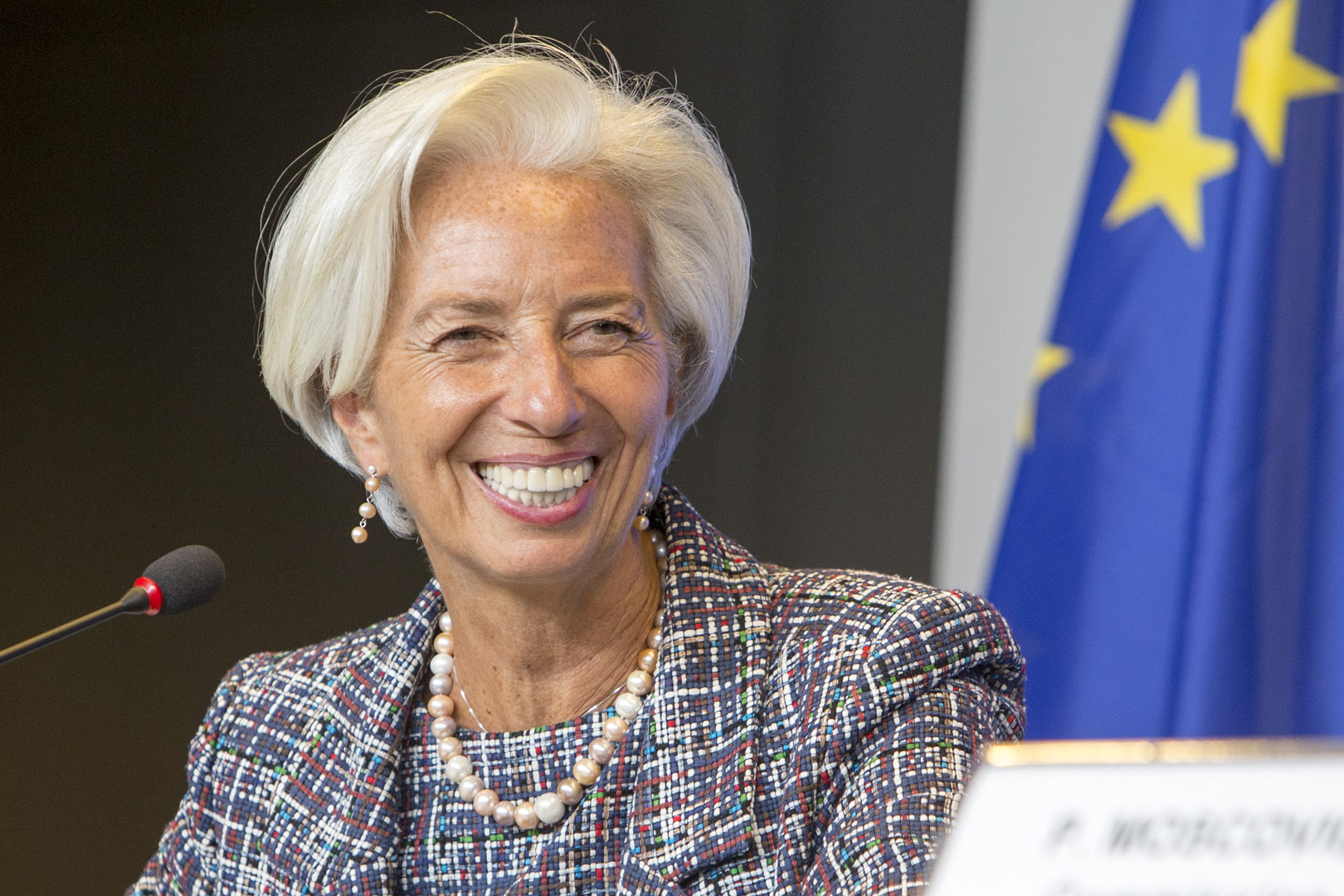Christine Lagarde
President of the European Central Bank
Christine Madeleine Odette Lagarde, born on the 1st of January 1956 in Paris, France to Robert Lallouette, an English Professor, and Nicole, a teacher of Latin, Greek and French literature. Lagarde spent her childhood in Le Havre.
Lagarde is a French Politician and Lawyer who is currently the President of the European Central Bank, a position she has occupied since the 1st of November 2019. She was the first woman to serve as France’s Finance Minister (2007–2011) and as the Managing Director of the International Monetary Fund from 2011 to 2019.
Christine Lagarde along with her three brothers attended the Lycée François 1er and Lycée Claude Monet. Lagarde won an American Field Service scholarship to the Holton Arms School on completing her baccalaureate. She graduated from law school at University Paris X-Nanterre, where she lectured after graduation before going on to specialize in labour law, in which she obtained a postgraduate diploma (DESS). She also acquired a master’s degree in English and Political Science Institute in Aix-en-Provence.
After being admitted as a lawyer to the Paris Bar, Christine Lagarde joined the international law firm of Baker & McKenzie as an associate in 1981, specializing in Labor, Antitrust, and Mergers & Acquisitions. She was made a partner in 1987 and became the first female member (1995–99) of the executive committee.
A member of the Executive Committee of the Firm in 1995, Christine Lagarde became the Chairman of the Global Executive Committee of Baker & McKenzie in 1999 (reelected 2002), and subsequently Chairman of the Global Strategic Committee in 2004.
While a member of the Center for Strategic & International Studies (CSIS), Lagarde led the U.S.-Poland Defense Industry Working Group, advancing the interests of aircraft companies Boeing and Lockheed Martin against those of Airbus and Dassault Aviation. In 2003 she was a member of the CSIS commission that culminated in a $3.5 billion contract for the sale of 48 Lockheed Martin jet fighters to Poland. Despite what struck some French observers as a conflict of interest, Lagarde in March 2004 received an appointment to France’s highest order, the Legion of Honour, from former President Jacques Chirac, who described her as a role model and a charismatic leader.
Christine Lagarde joined the French government in June 2005 as Minister for Foreign Trade. After a brief stint as Minister for Agriculture and Fisheries, in June 2007 she was designated Finance Minister by former President Nicolas Sarkozy. She became the first woman to hold the post of Finance and Economy Minister of a G-7 country. From July to December 2008, she also chaired the ECOFIN Council, which brings together Economics and Finance Ministers of the European Union, and helped foster international policies related to financial supervision, regulation, and strengthening global economic governance. As Chairman of the G-20 when France took over its presidency for the year 2011, she set in motion a wide-ranging work agenda on the reform of the international monetary system.
In contrast to her predecessors, Lagarde held the controversial view that the country’s 35-hour workweek was a symbol of indolence. She advocated a strong work ethic, a sentiment mirrored by the French business community. Lagarde also attracted criticism for her handling of a dispute concerning Bernard Tapie, who claimed that the state-owned Crédit Lyonnaise had defrauded him when the lender sold his stock in Adidas in 1993. Lagarde ordered the case to arbitration in 2008, and Tapie was awarded €403 million (then valued at $524 million), a decision that caused an uproar.
On the 5th of July 2011, Christine Lagarde became the eleventh Managing Director and Chairman of the board of the IMF, and the first woman to hold that position. She officially replaced Dominique Strauss-Kahn, who had resigned in May. Among the major issues she faced was the ongoing Greek debt crisis, which she argued could only be resolved by meaningful debt relief, an unpopular stance with some. In 2016 Lagarde was elected to a second term at the IMF. Later that year she went on trial for her actions regarding the Tapie case, which had attracted further controversy after a French court struck down the arbitral award in 2015. Lagarde was accused of negligence—notably, she failed to appeal the arbitration’s decision—and in December 2016 was found guilty. However, no jail time was ordered. In September 2019 she left the IMF, and in November she assumed the presidency of the European Central Bank.
A former member of the French national team for synchronized swimming, Christine Lagarde is the mother of two sons.
Sources:




